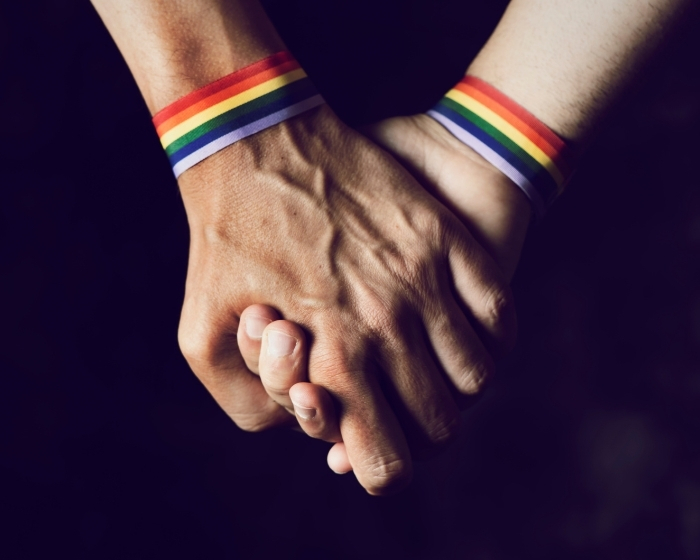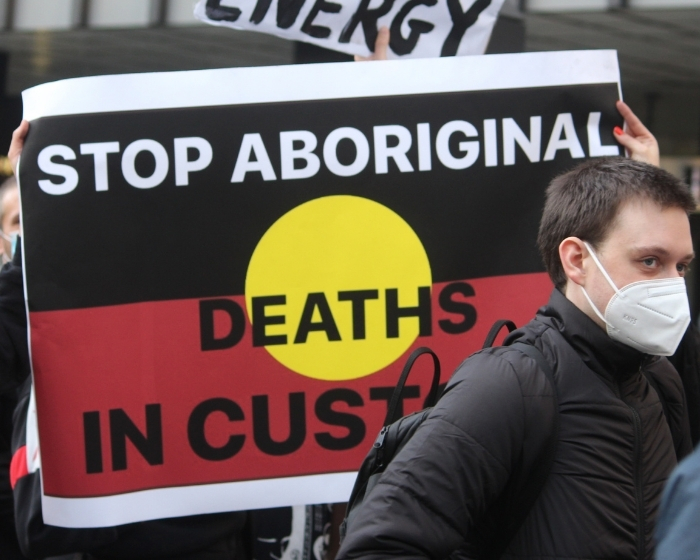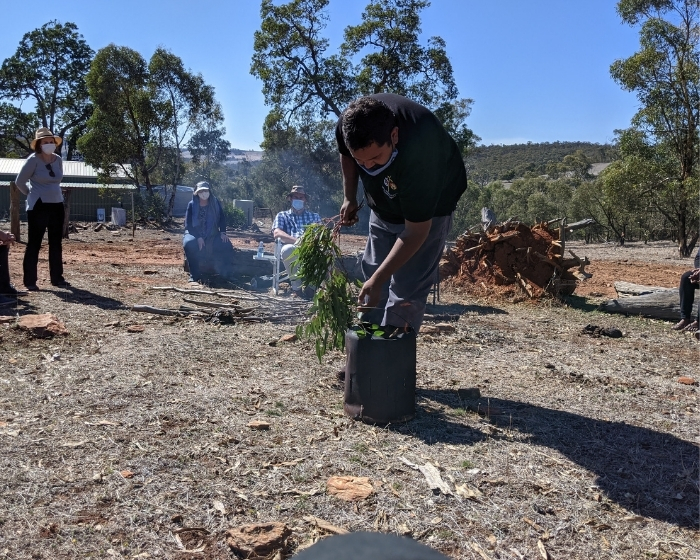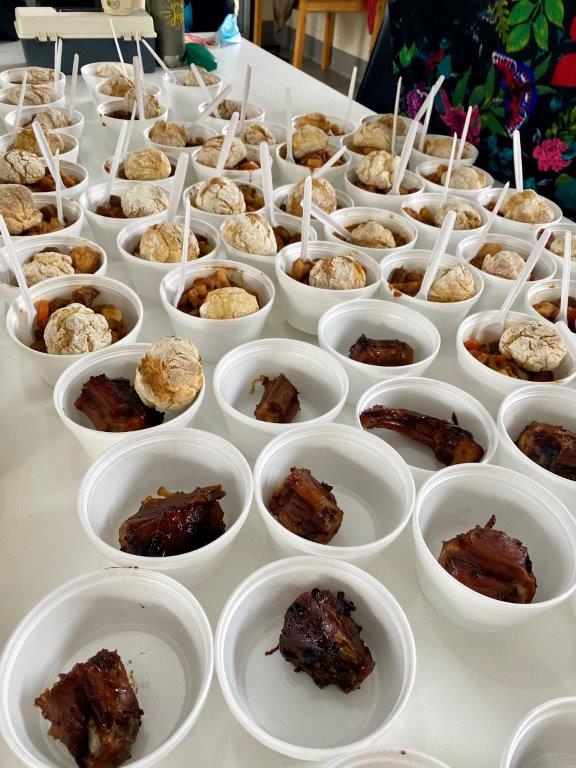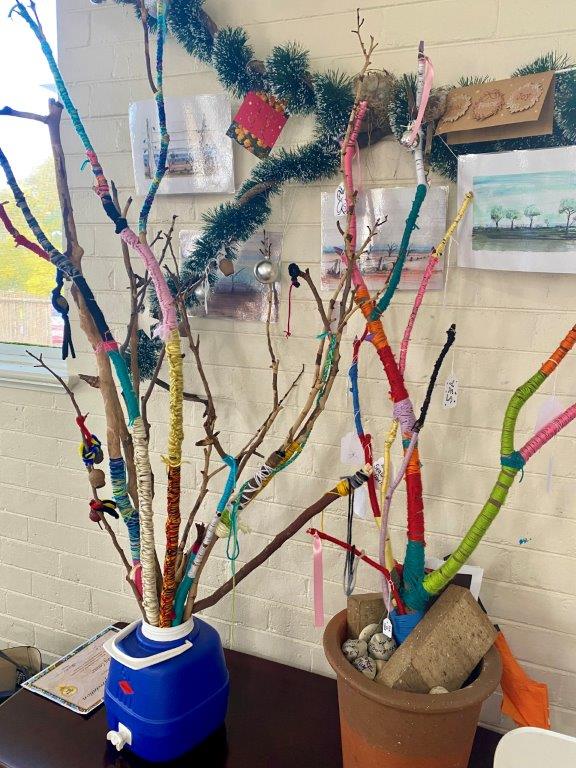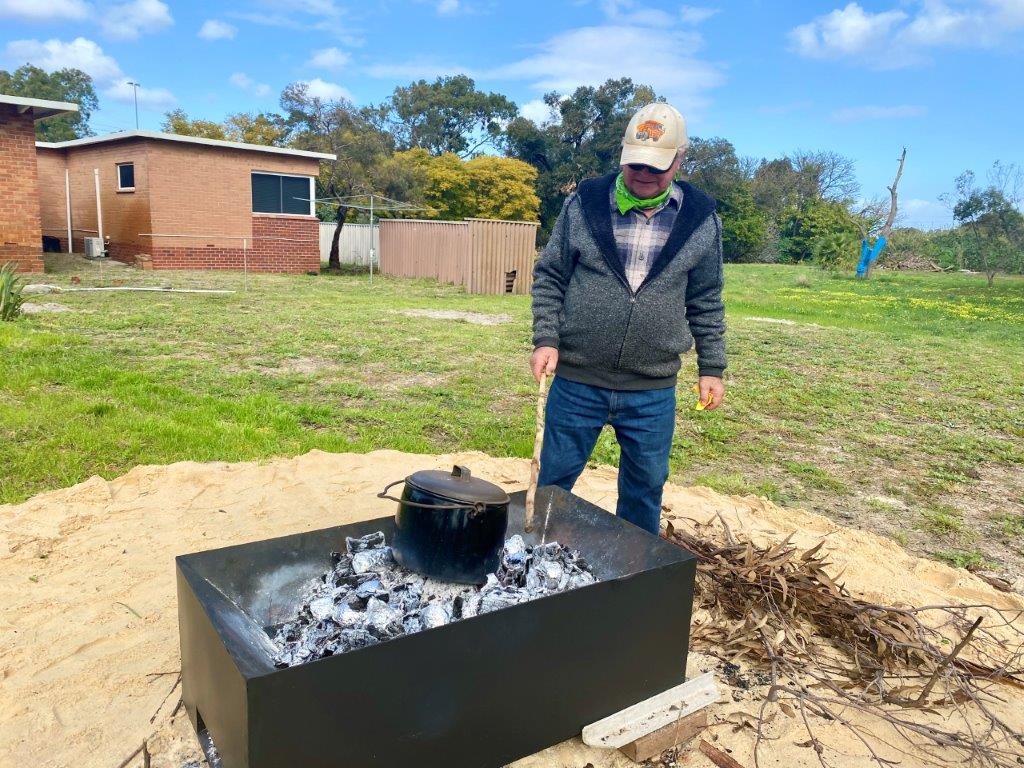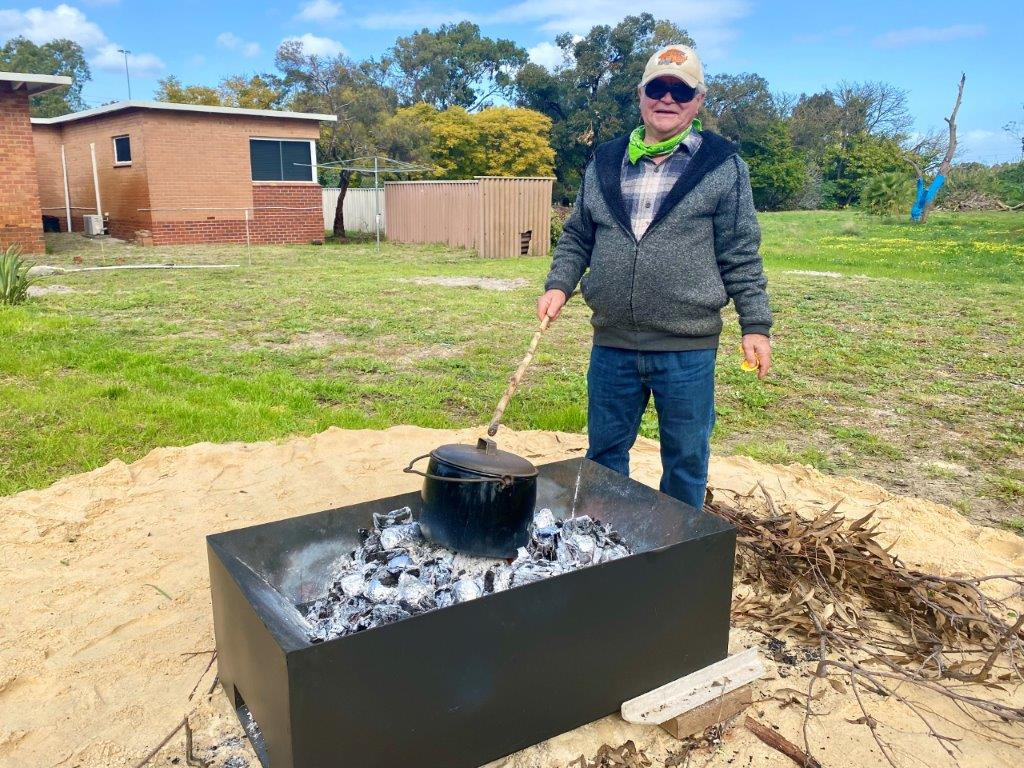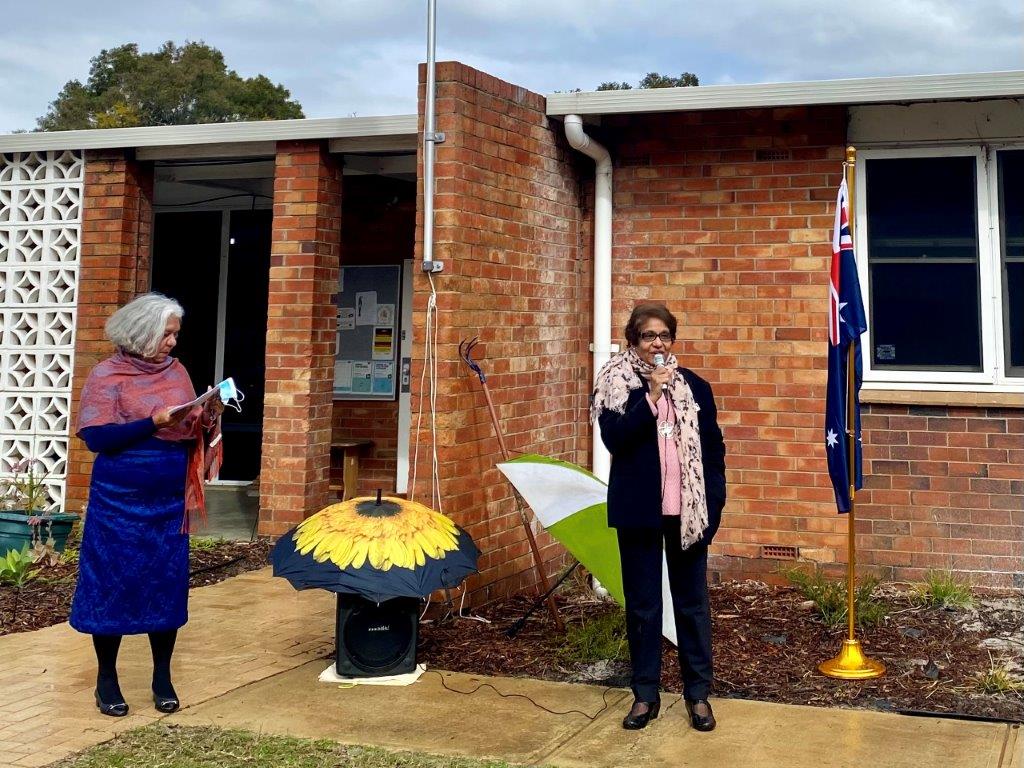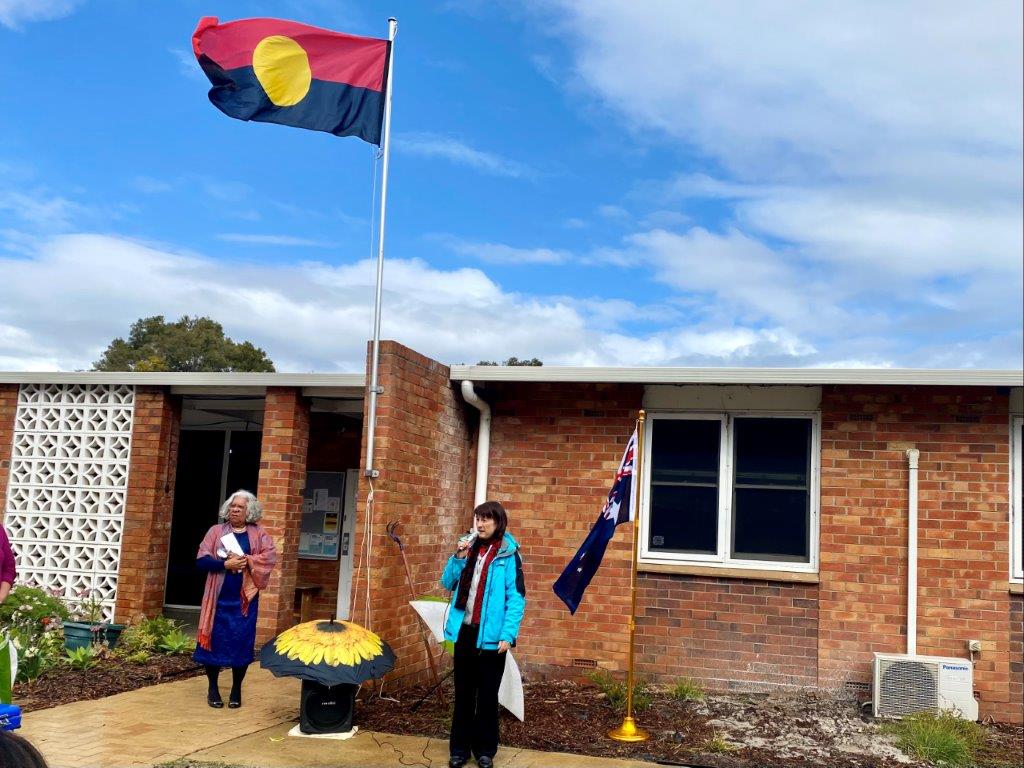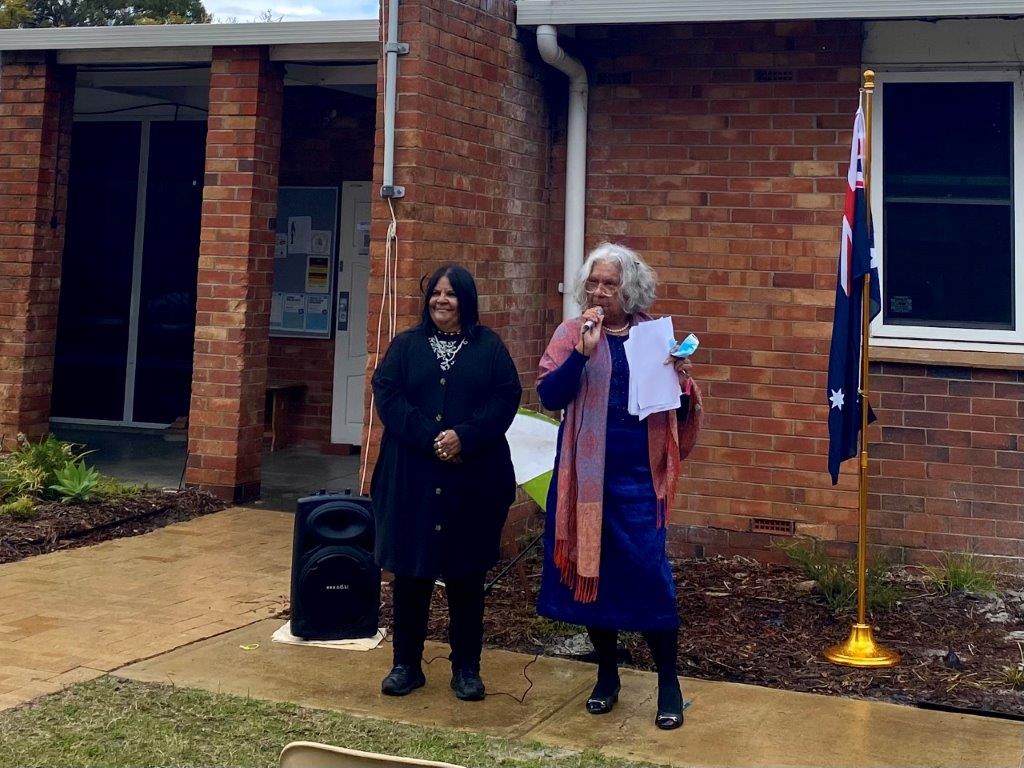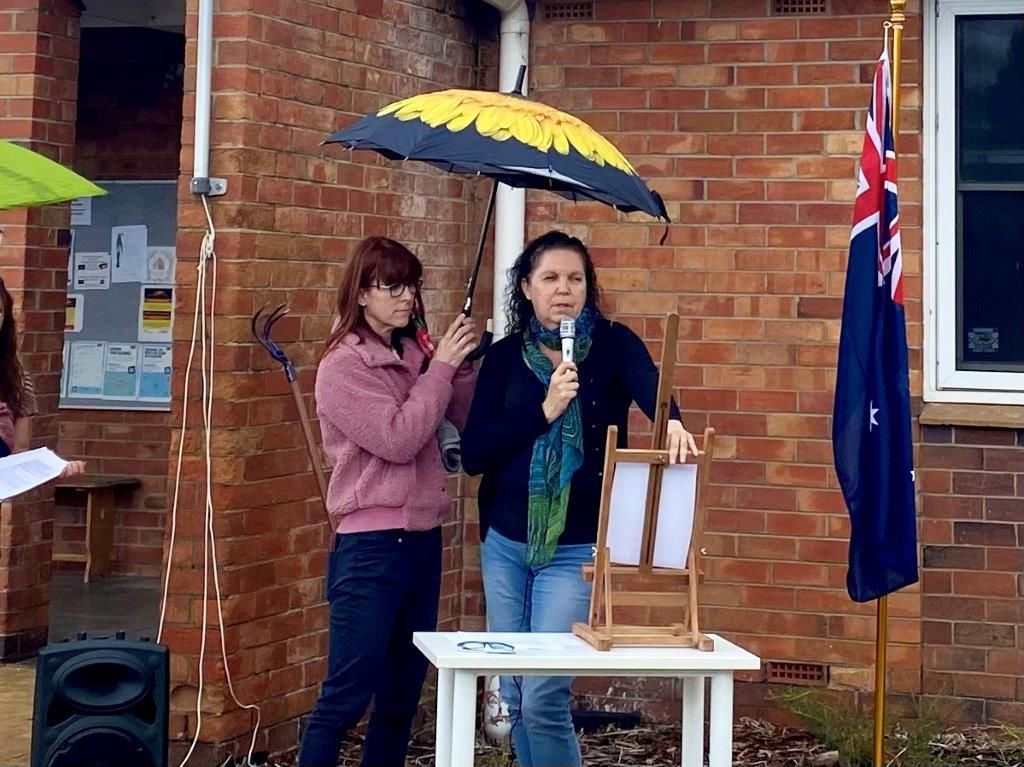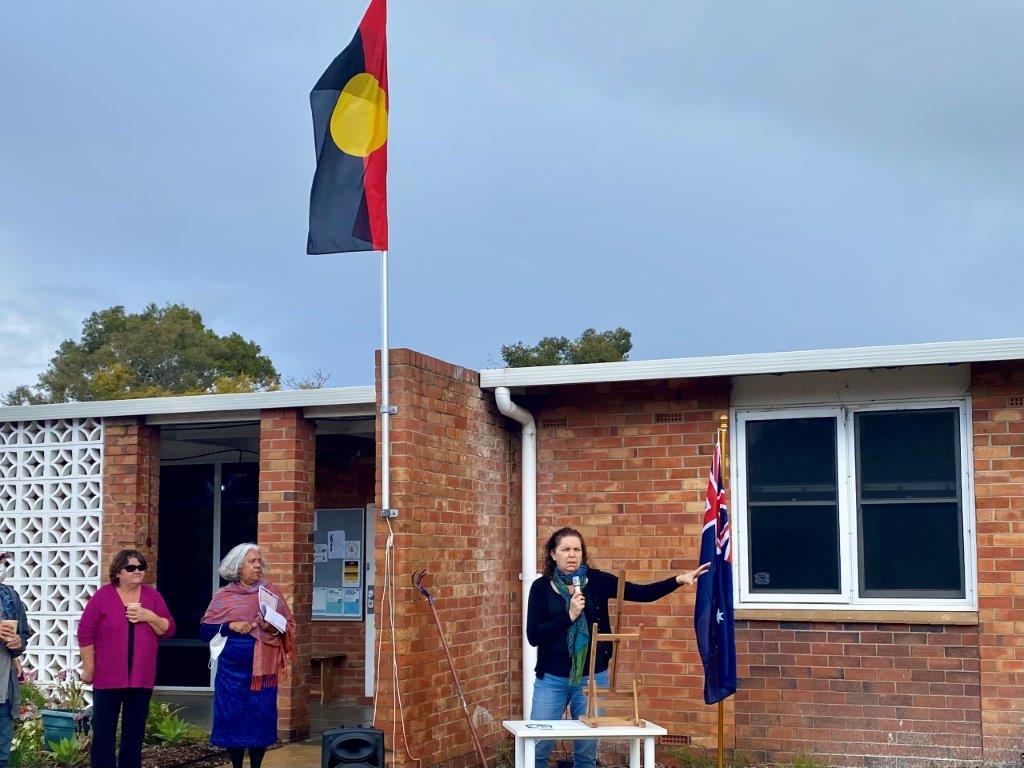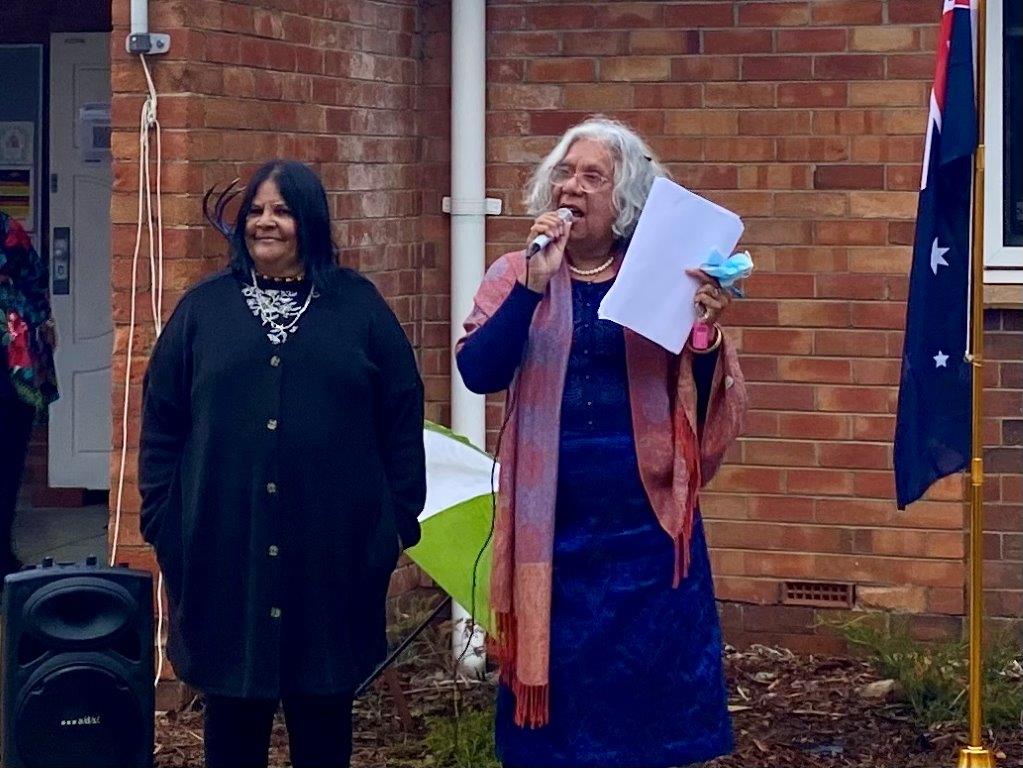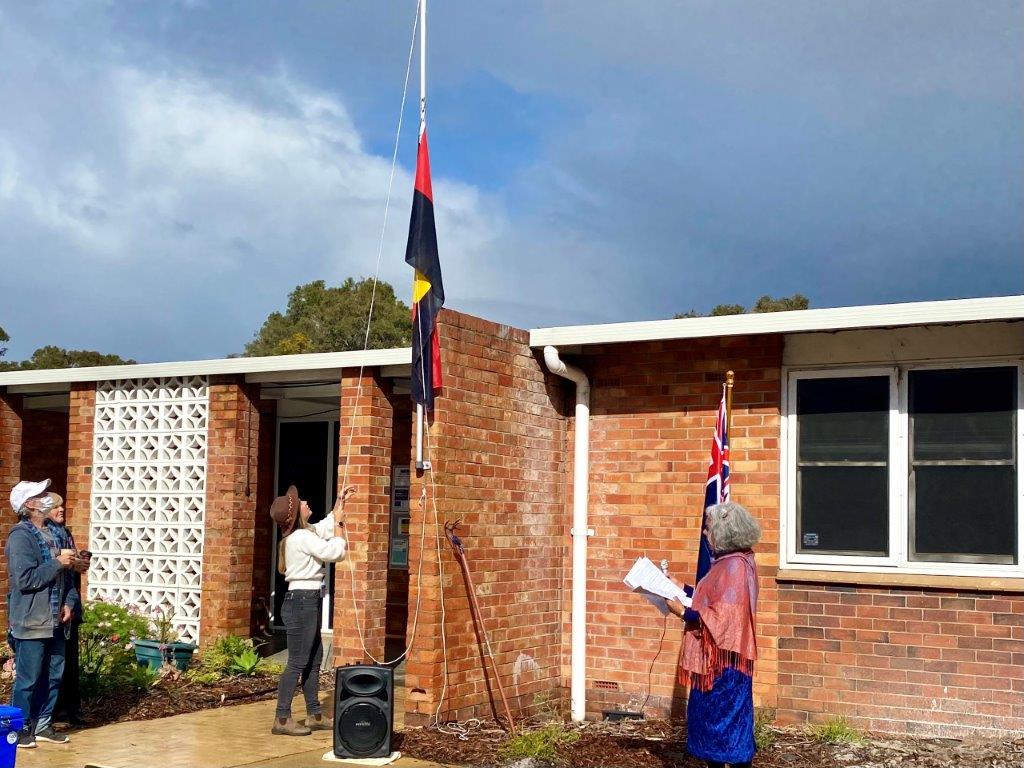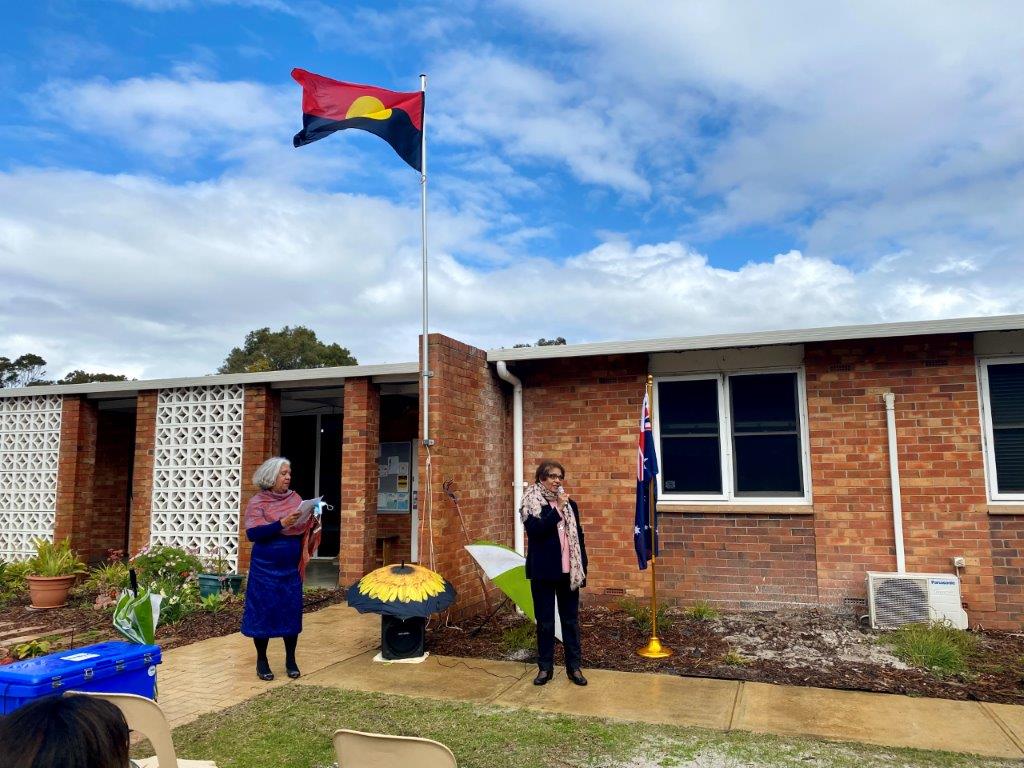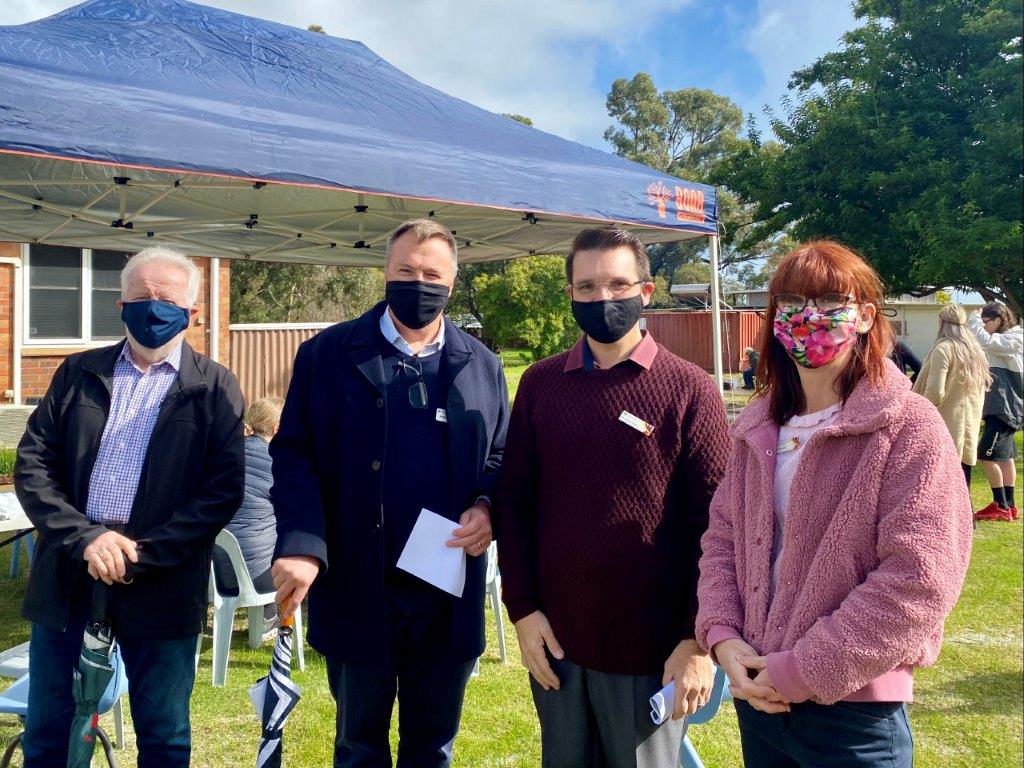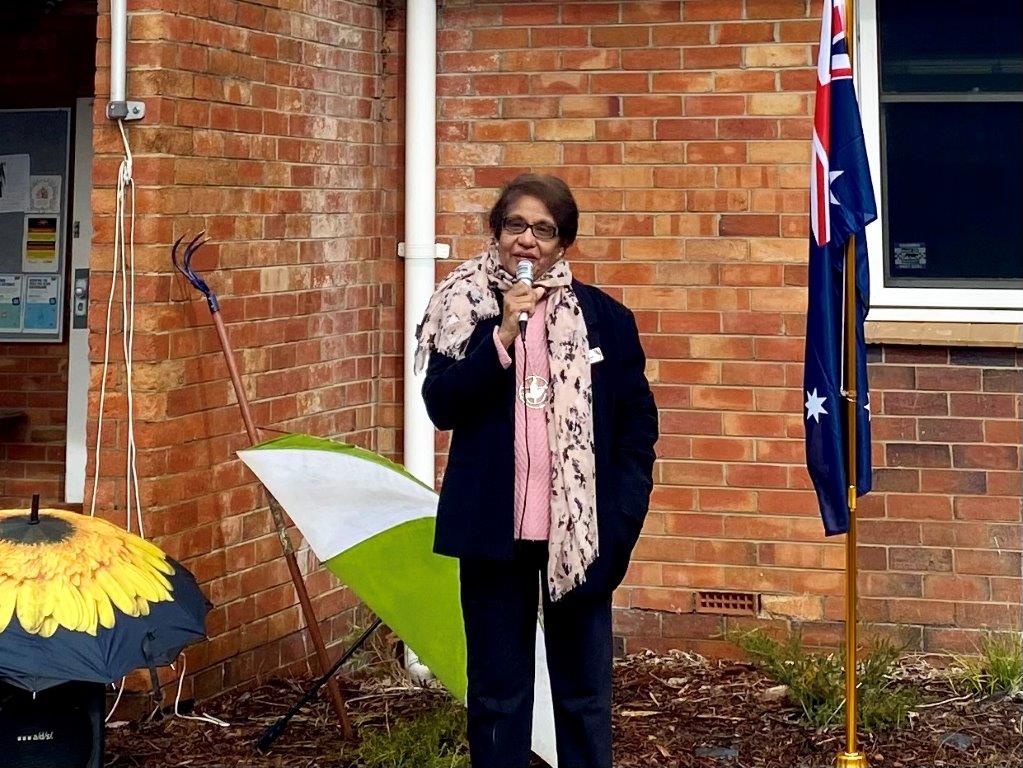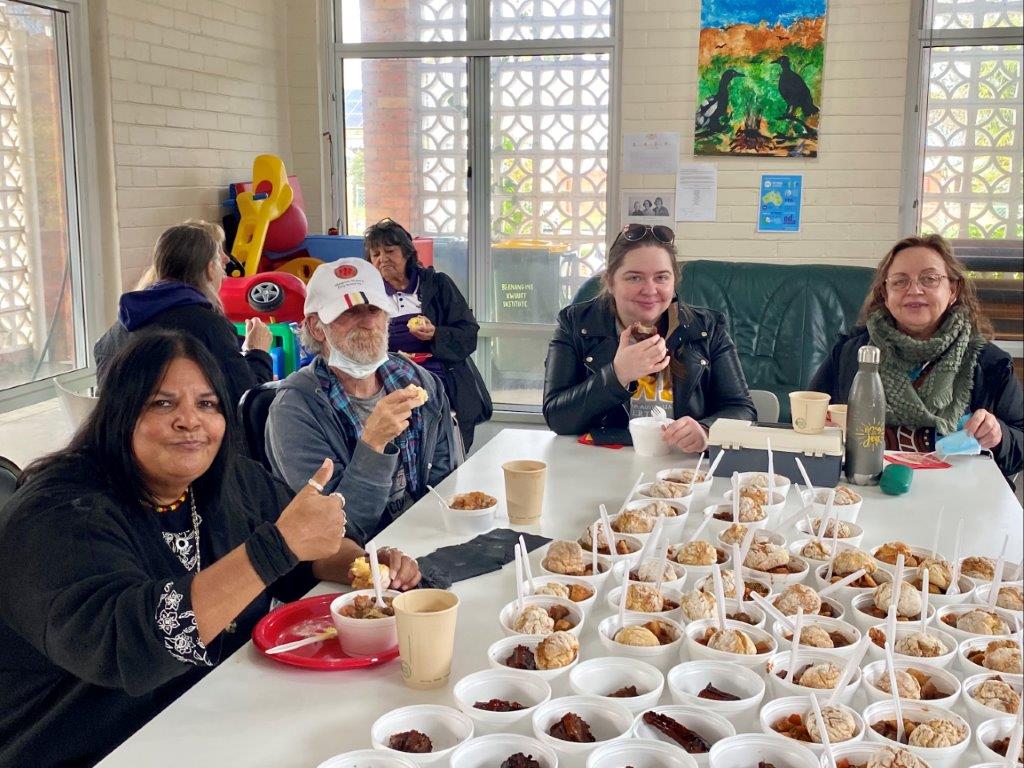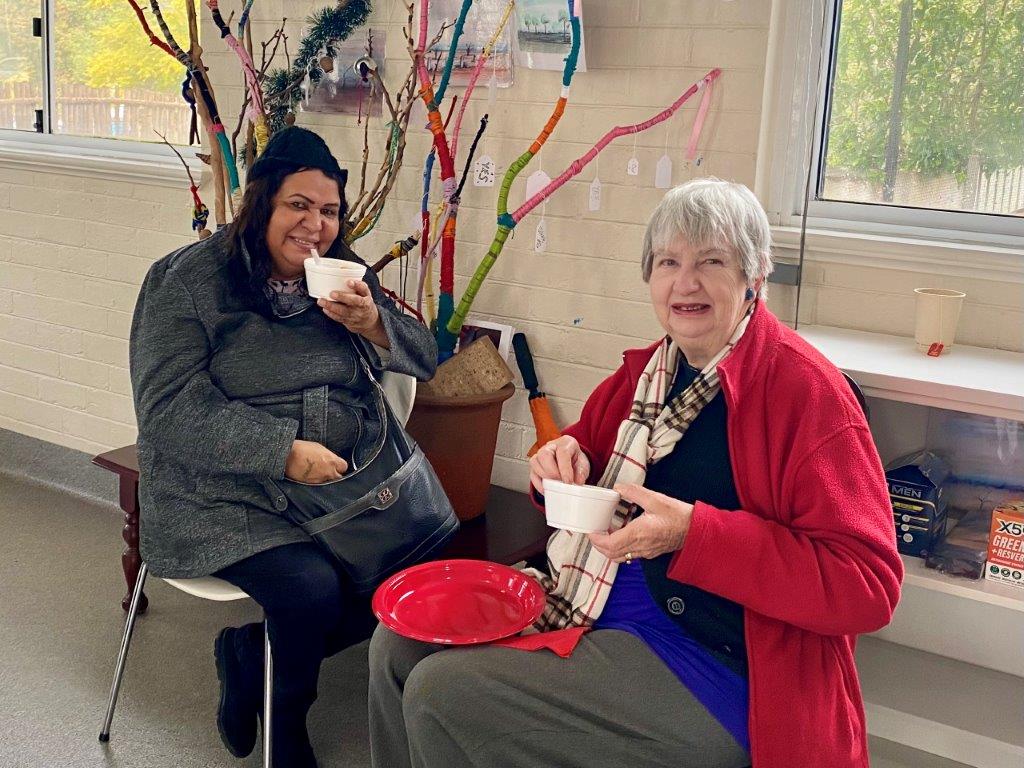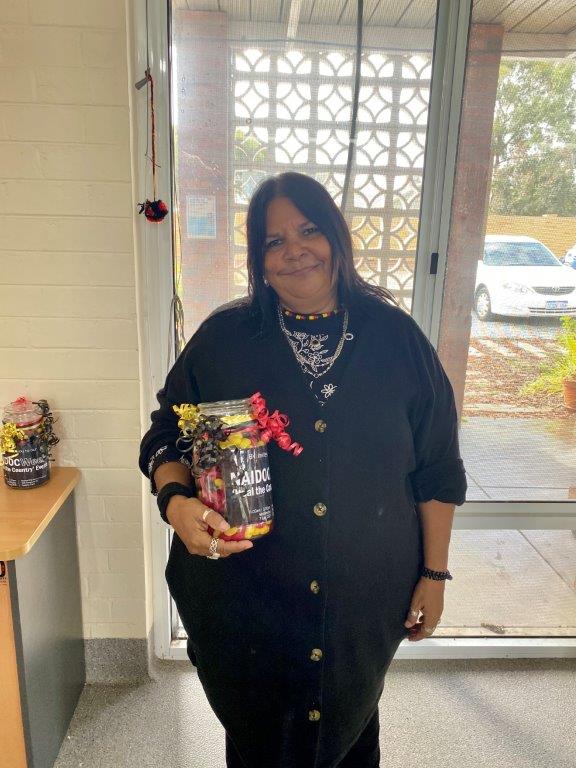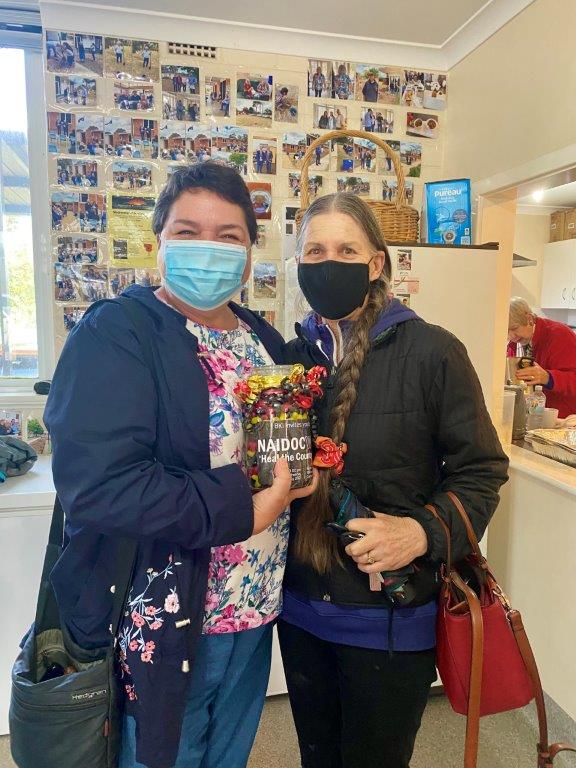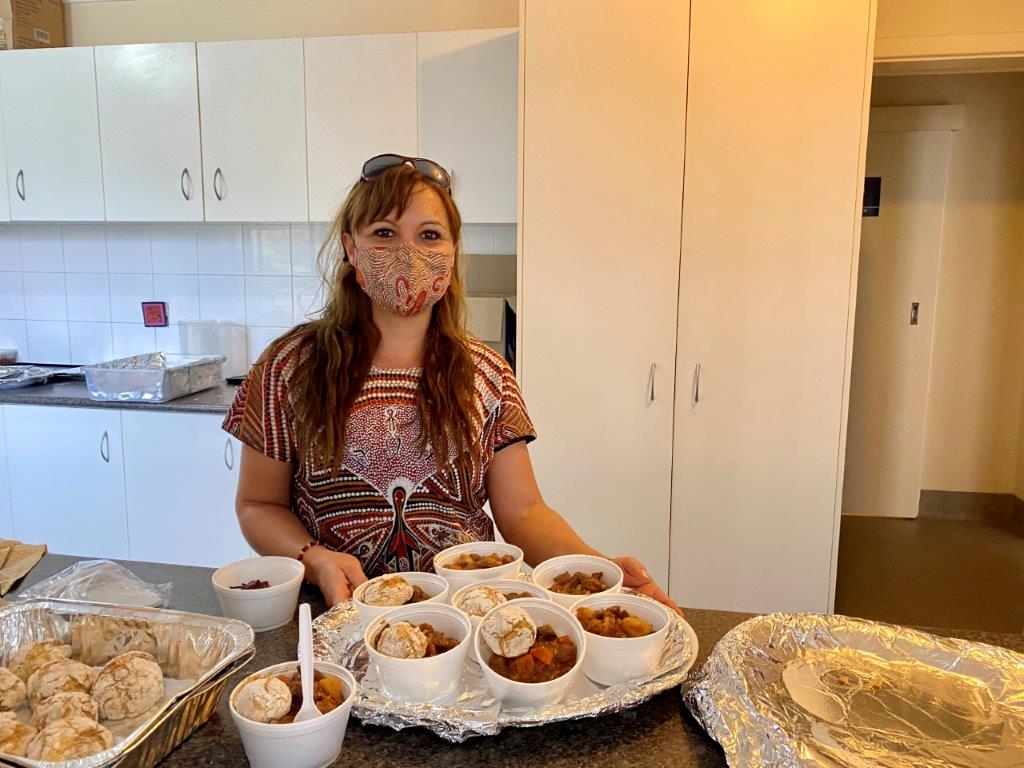Ashley Macmillan, member of Wembley Downs Uniting Church, is a PhD student at the University of Otago’s National School of Peace and Conflict Studies, in Aotearoa/New Zealand. She shares a reflection on her studies so far.
Recently, I began researching how wars don’t happen, and this subject feels important to share with the Uniting Church because the kinds of things that prevent war are the kinds of things that the Uniting Church supports – often without realising it’s war prevention. Aside from that, when we consider that in a modern war, 90% of victims are civilians many of them children), it becomes clear that following the teachings of Jesus includes preventing war from ever having call to start.
War prevention doesn’t receive much attention in academia… or anywhere really. There is plenty about what communities do to create peace, however the focus is mostly on communities currently or recently affected by violence. What stands out here, is that when we only look at what communities do in mid or post-violence situations, we miss out on the ability to learn from communities who successfully prevented violence from ever starting.
For example, we hear many stories about violence and war in Africa, but did you ever hear about the war that never occurred in Botswana?
Despite being surrounded by apartheid, economic collapse and warring neighbours, different ethnic and language groups, large refugee inflows, colonisation and starting out its independence as one of the poorest African nations, Botswana didn’t collapse into violence. This story receives little attention, even though it represents an opportunity to learn from and about communities that have successfully avoided war.
Of course it’s much more difficult to tell stories of what hasn’t happened, than stories of what has.
Successful war prevention and the actions that bring it about are essentially invisible whilst the failure to prevent war is highly visible. This phenomenon influences many things including what receives funding, what receives media attention and what is easily measurable for research. Yet, it is not an insurmountable problem, and peace is not the only area that faces it.
Public Health is a concept that seeks to make visible the processes required for both disease prevention and maximising health, allowing us to consider lives saved through anti-smoking campaigns, vaccinations, and drink-driving education. In short, it allows us to study and further our successes.
In my research, I developed the concept of Proactive Peace, which I hope will provide a similar addition to Peace and Conflict Studies that Public Health has for Health Sciences. Proactive Peace refers to the variety of different community projects and process that address conflict risk factors, fostering an environment that diminishes the likelihood of violent responses to conflict sparks.
A conflict spark is an event or crisis which has the potential to directly trigger a violent response. Risk factors indicate a region’s vulnerability to conflict. Basically, a conflict spark is the lightening strike and the risk factors are the dry forest that easily catches ablaze. The approach of Proactive Peace is to address the dry forest, creating a situation where if lightening strikes, it won’t start a fire.
Of course, the presence of risk factors does not guarantee war, but they do make war more likely. In the same way that smoking, not exercising and a poor diet do not guarantee you will become unwell, but they do make it more likely. Public health measures address these health risk factors.
Proactive Peace takes the same approach, seeking to address the risk factors for violent conflict, rather than trying to resolve conflict after it has already started (which, to continue the medical analogy, is equivalent of focussing all your resources on the intensive care unit and the emergency department). Importantly, Proactive Peace is the actions undertaken to address conflict risk factors, be it through development, community organising, lobbying, cultural revival, or activism.
Of course, the exact actions undertaken will vary greatly across time, place and culture. However, as long as actions undertaken are addressing risk factors in that community, it is Proactive Peace – regardless of how similar or different it is to Proactive Peace actions we may be familiar with in our own communities.
For example, if conflict risk factors included: water, food and land scarcity; limited educational opportunities; and high youth unemployment, then Proactive Peace actions could include: planting along a riverbed, so the banks aren’t washed away after heavy rain; lobbying to stop a nearby mine discharging pollutants into the water to ensure it remains drinkable; providing toilets in schools to support girls to attend; and starting an agro-forestry project to provide youth employment and prevent the desertification of land.
I say that the Uniting Church supports actions which prevent war ‘without realising it’, because so many of our actions of development, protest and advocacy address conflict risk factors, both at home and in the world. By making visible this important work that occurs preventing wars Proactive Peace gives the world a way to see (and support) peace, before we see violence.
If anything in this introduction interests you, please get in touch with through my blog at proactive-peace.org
